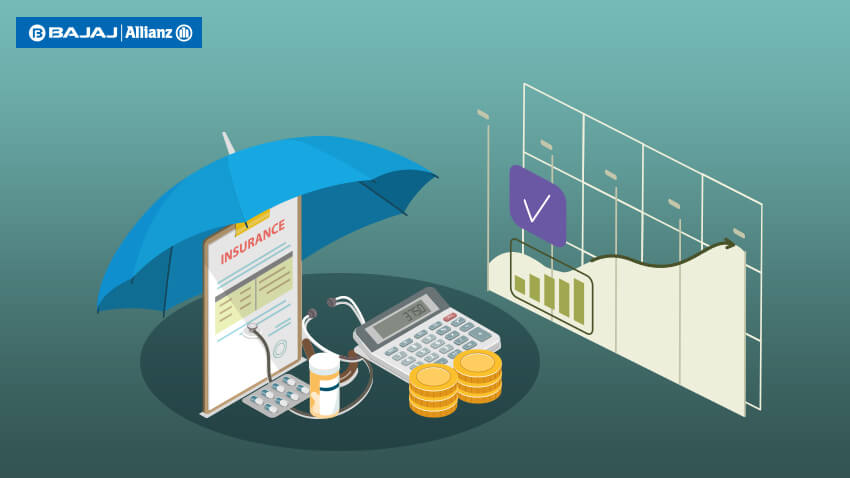Towards the end of the financial year, there is a rush to save taxes just-in-time before the deadline. This rush is usually seen in February and March. If you are someone looking to save up on tax by making some investments, there are several options such as mutual funds, NPS, and PPF. But you can do more than just save taxes. What if you could kill two birds with one stone?
Health insurance plans are the perfect bet that not only offer savings on income tax returns, but also a financial shield for times of uncalled medical emergencies.
Section 80D of the Income Tax Act, 1961, provides a deduction for the health insurance premiums that are paid for self, spouse, children, and parents, whether dependent or not. Please note that tax benefit is subject to change in tax laws.
Disclaimer: Tax benef it is subject to changes in tax laws
This article explains the tax benefits that can help to plan your taxes smartly.
How Does Section 80D of the Income Tax Act Work?
Section 80D of Income Tax Act allows policyholders to claim a deduction of the premium paid, helping them lower their taxable income, in effect, lowering the tax liability. For instance, the health insurance premium paid for you and your family members can be considered a deduction from your taxable income. It isn’t deducted from the tax you ought to pay but from the total income based on which the tax is computed. These deductions are based on the age group for whom the premium is paid. Those above 60 years are classified as senior citizens and have higher limits. Here are the tax deductions that you can avail yourself:
- The premiums paid for your parents who are senior citizens allow a deduction up to ₹50,000 whereas the same for non-senior citizens is restricted to ₹25,000.
- The deduction for premium paid for yourself, your spouse, and your children. is allowable up to ₹25,000 whereas the same extends to ₹50,000 if you are over the age of 60 years.
*Standard T&C Apply
This is explained with different scenarios in the table below and the maximum deduction you can avail of.
| Health insurance policy for |
Deduction for self, spouse and children |
Deduction for parents |
Maximum Deduction |
| Self, spouse, and children (below 60 years) |
₹ 25,000 |
- |
₹ 25,000 |
| Self, spouse, children and parents, all of whom are below 60 years |
₹ 25,000 |
₹ 25,000 |
₹ 50,000 |
| Self, spouse, children below 60 years and parents classified as senior citizens |
₹ 25,000 |
₹ 50,000 |
₹ 75,000 |
| Self, spouse and children and parents, all classified as senior citizens |
₹ 50,000 |
₹ 50,000 |
₹ 1,00,000 |
*Standard T&C Apply
Apart from the above deductions, an internal sublimit of ₹5,000 is available for any medical -check-up facility. You must keep in mind that these deductions are subject to prevailing tax laws and can be amended from time to time.
Disclaimer: Tax benefit is subject to changes in tax laws
Thus, whether you are buying an individual policy, a family floater plan, a critical illness plan, or even
health insurance for senior citizens, the deduction helps to lower the burden of total tax liability offering dual benefits of protection and tax savings.
Insurance is the subject matter of solicitation. For more details on benefits, exclusions, limitations, terms and conditions, please read the sales brochure/policy wording carefully before concluding a sale.
 Service Chat:
Service Chat: 

